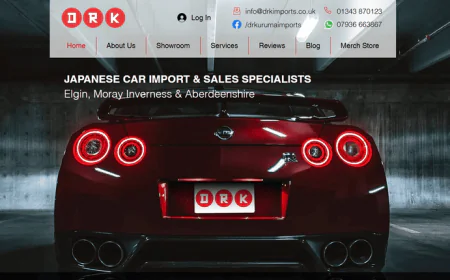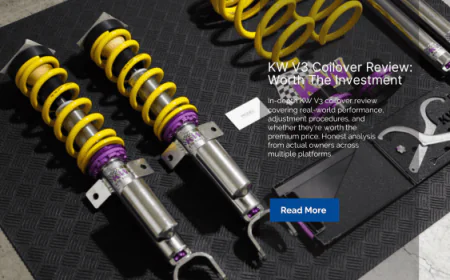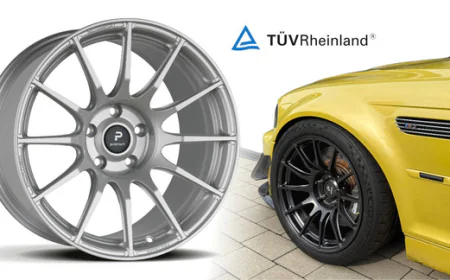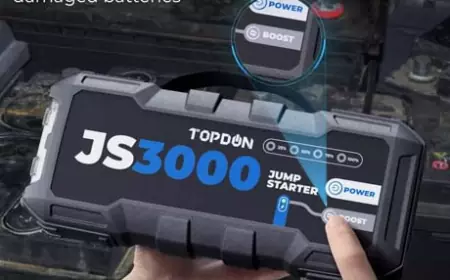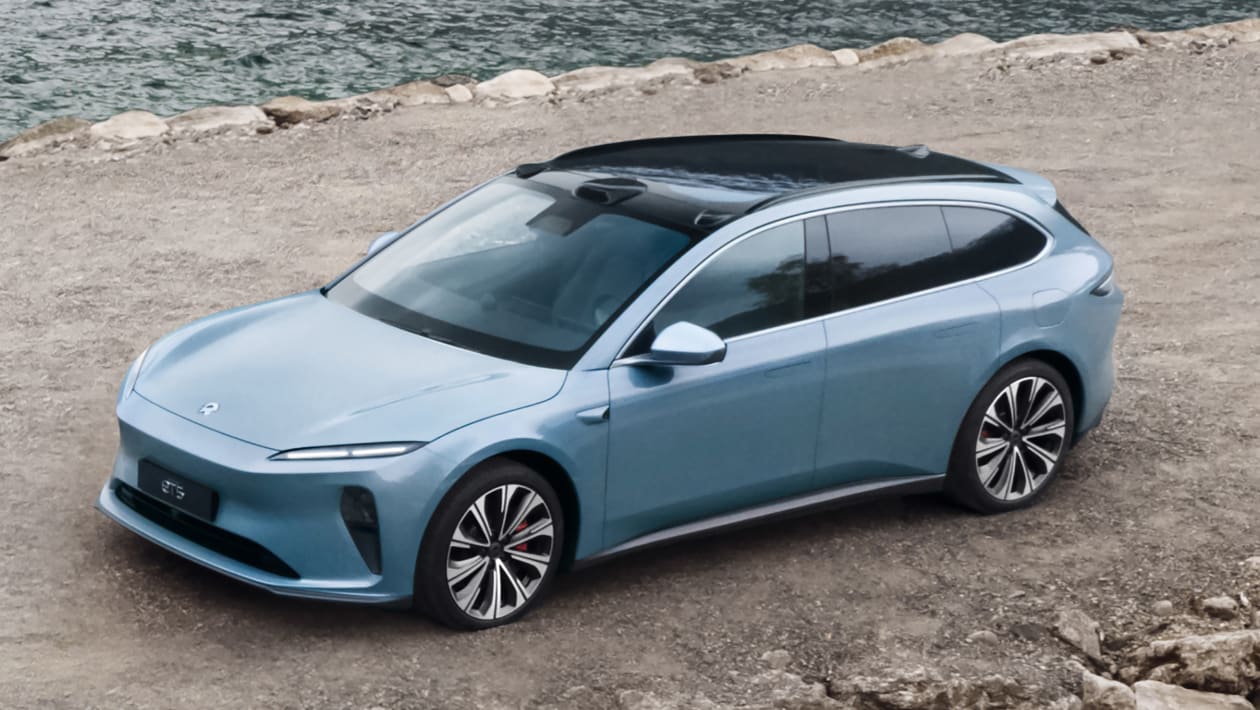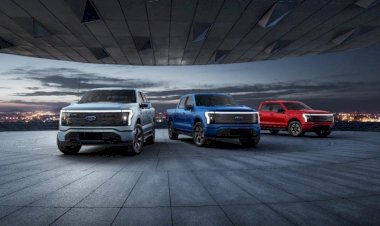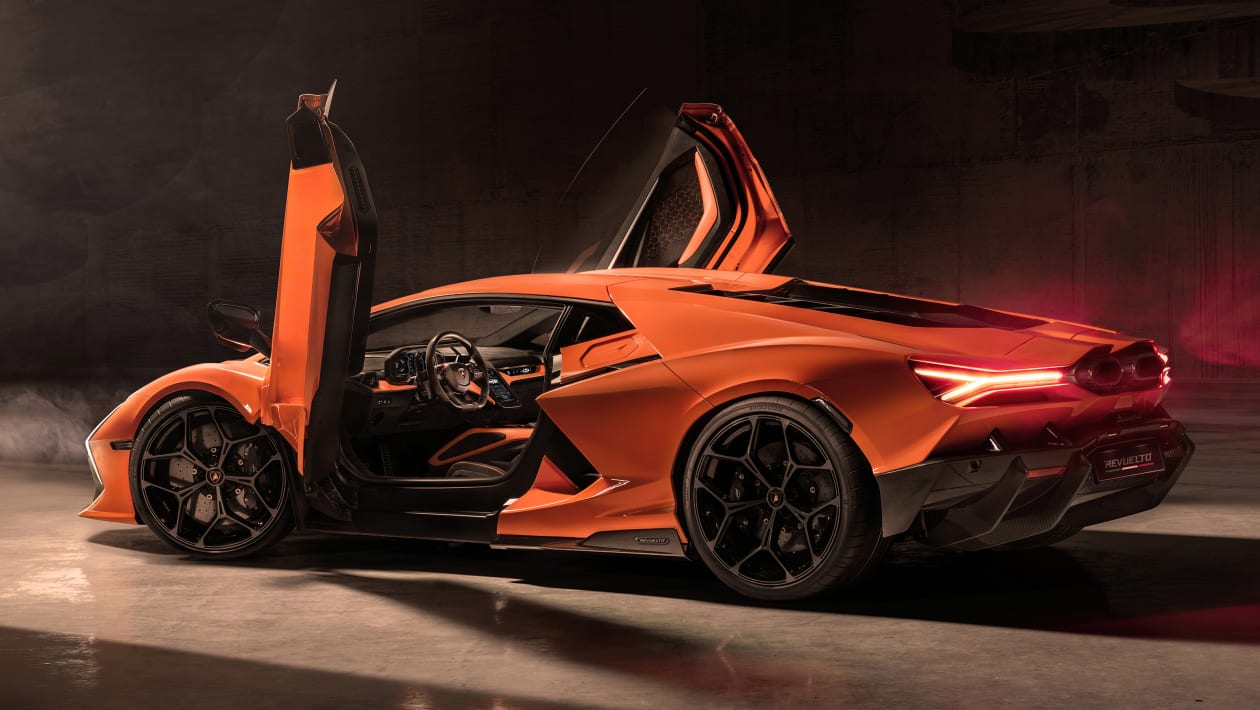Auto News: Honda, Nissan Merger May Fail amid
Will the Honda-Nissan merger materialize, or is it destined to fail? Explore the challenges, acquisition rumors, and industry impact in this deep dive.
--- Follow Us On Instagram At @stanceautomag ---
Order Your Car Magazines From Our Amazon, or Etsy Store!
Already A Member? Grab Your Free Car Magazines Here!!
The automotive industry is witnessing a potential shake-up as Honda and Nissan engage in merger talks. While such a collaboration could strengthen their competitive position against global giants like Toyota and Volkswagen, internal disagreements and acquisition speculations threaten to derail the deal. If the merger fails, the implications could be far-reaching, not only for these two Japanese automakers but also for the global automotive landscape.
The Driving Forces Behind the Honda-Nissan Merger
The Push for Consolidation
In an era where automakers are scrambling to adapt to rapid technological advancements, mergers have become a strategic move for survival. Honda and Nissan are no exception, as they face increasing pressure to invest in electric vehicles (EVs), autonomous technology, and supply chain optimization. By merging, they could pool resources, streamline operations, and bolster their R&D capabilities.
Global Market Competition
The dominance of Toyota, Volkswagen, and other automotive behemoths has created an environment where mid-sized manufacturers struggle to keep pace. A Honda-Nissan merger could create a formidable entity capable of competing more effectively in global markets. With Toyota setting the benchmark for hybrid and EV technology, Honda and Nissan could combine forces to develop cost-effective and competitive electrification strategies.
Financial Incentives and Cost Savings
Cost-cutting measures are vital in today’s volatile market. The merger would allow Honda and Nissan to eliminate redundancies, negotiate better deals with suppliers, and improve operational efficiency. Merging research and development efforts for EVs and hybrid technology could also reduce costs while accelerating innovation.

Why the Honda-Nissan Merger May Fail
Cultural and Strategic Differences
Despite both being Japanese manufacturers, Honda and Nissan have distinct corporate cultures and operational strategies. Honda has long been known for its engineering-first approach, while Nissan has often focused on aggressive marketing and global expansion. Merging these two philosophies could prove challenging, leading to potential conflicts in decision-making and leadership.
Nissan’s Existing Alliance with Renault
One of the biggest roadblocks to the merger is Nissan’s ongoing alliance with Renault. The French automaker owns a significant stake in Nissan, making it a key player in any major corporate decision. Renault’s involvement adds complexity to the negotiations, as any merger discussions must also consider the interests of Renault’s leadership and shareholders.
Acquisition Rumors: Will One Automaker Dominate the Other?
While the discussions have largely revolved around a merger, there are growing concerns that the deal could evolve into an acquisition. Speculation suggests that Honda might seek to acquire Nissan or vice versa, which could create friction among stakeholders. The uncertainty surrounding the balance of power between the two automakers has fueled skepticism about whether the deal will ultimately materialize.
Regulatory Hurdles
A merger of this scale would undoubtedly attract scrutiny from regulatory bodies. Antitrust laws and fair competition regulations could pose significant challenges, especially in key markets such as the United States, Europe, and China. If regulators deem the merger to be anti-competitive, the deal could be blocked or delayed indefinitely.

Potential Outcomes of a Failed Merger
Independent Growth Strategies
Should the merger fail, Honda and Nissan will need to focus on strengthening their independent operations. Honda may double down on its hybrid and hydrogen fuel cell technology, while Nissan could continue its push into the EV market with its popular Leaf and upcoming Ariya SUV.
New Strategic Alliances
If a merger with Honda proves unsuccessful, Nissan may seek to strengthen its existing partnership with Renault or form new alliances with other automakers. Similarly, Honda could explore collaborations with emerging EV manufacturers or tech companies to stay competitive.
Impact on the Global Automotive Industry
A failed merger would have ripple effects throughout the automotive industry. Suppliers, investors, and competitors will closely watch the outcome, as it could influence future mergers and acquisitions within the sector. Toyota and other key players may also adjust their strategies based on how the situation unfolds.
Conclusion
The potential Honda-Nissan merger remains uncertain, with several roadblocks threatening its success. Cultural differences, regulatory concerns, and Renault’s influence all pose significant challenges. Whether the deal goes through or falls apart, its outcome will shape the future of both companies and impact the broader automotive industry.
Call to Action
Do you have a build story like this one? Share your journey with Stance Auto Magazine and inspire our car community. Submit your story today!
We Are All Volunteers, If You Would Like To Support Us Please Use The Tip Button Below, Thank You
![]()

Backlinking, Guest Posting and Article Creation, Email Us for Prices and Details
UKTM no: UK00003572459
 Like
0
Like
0
 Dislike
0
Dislike
0
 Love
0
Love
0
 Funny
0
Funny
0
 Angry
0
Angry
0
 Sad
0
Sad
0
 Wow
0
Wow
0
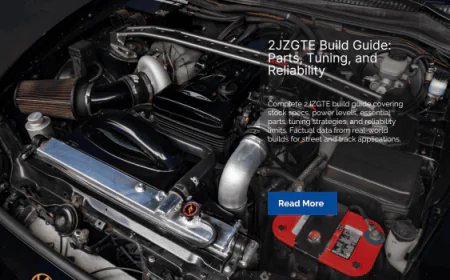






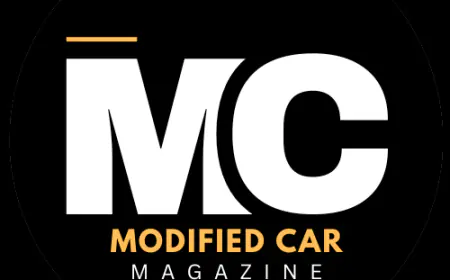


































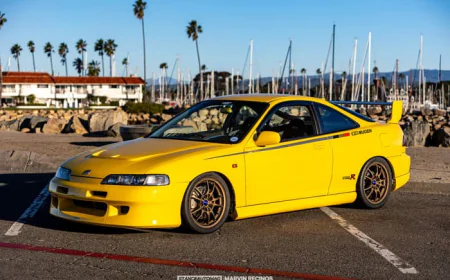






















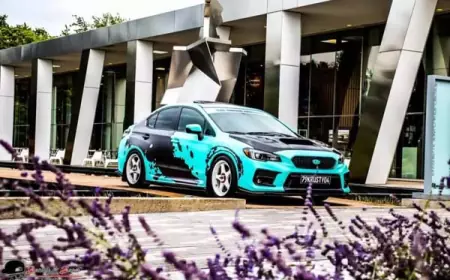














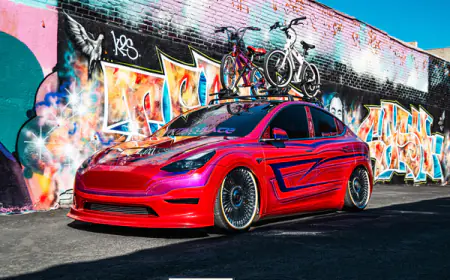



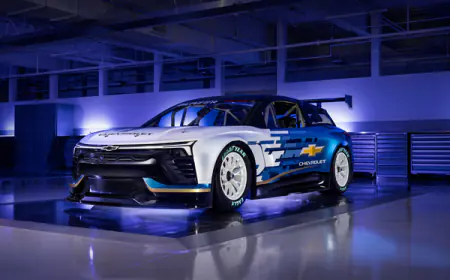




.png)




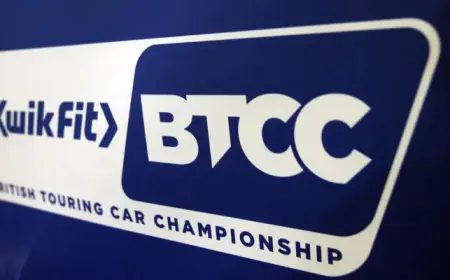







![[HOONIGAN] Ken Block's GYMKHANA NINE](https://img.youtube.com/vi/_bkX5VkZg8U/maxresdefault.jpg)























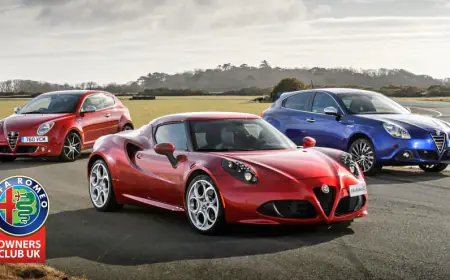











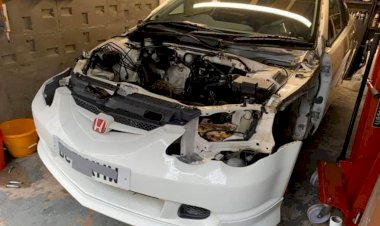




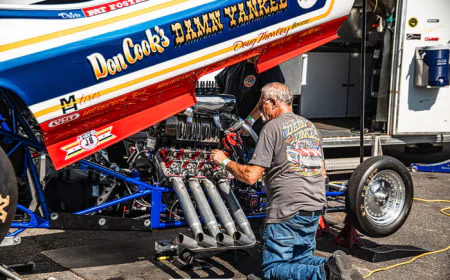
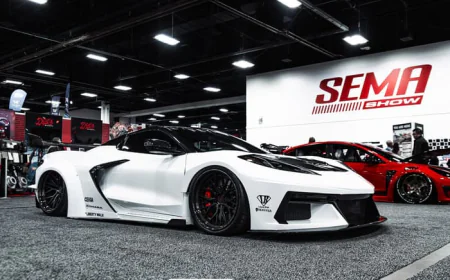


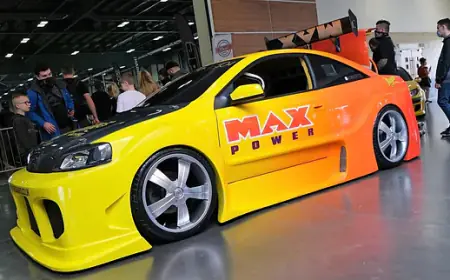

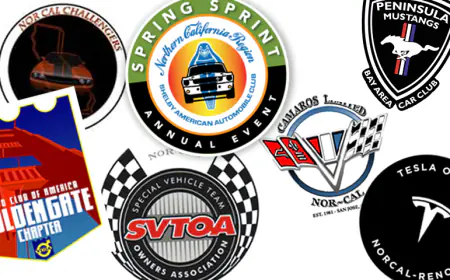







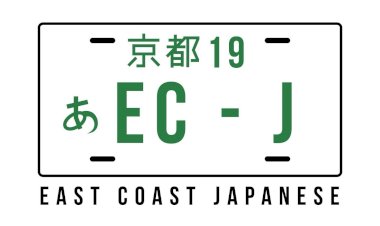


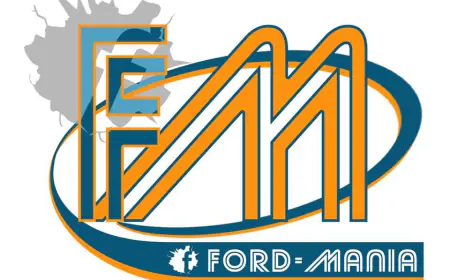
























![[HOONIGAN] KEN BLOCK'S GYMKHANA SEVEN: WILD IN THE STREETS OF LOS ANGELES](https://cdn.motor1.com/images/mgl/2KlO4/s1/ken-block-london-tour-directors-cut.jpg)





